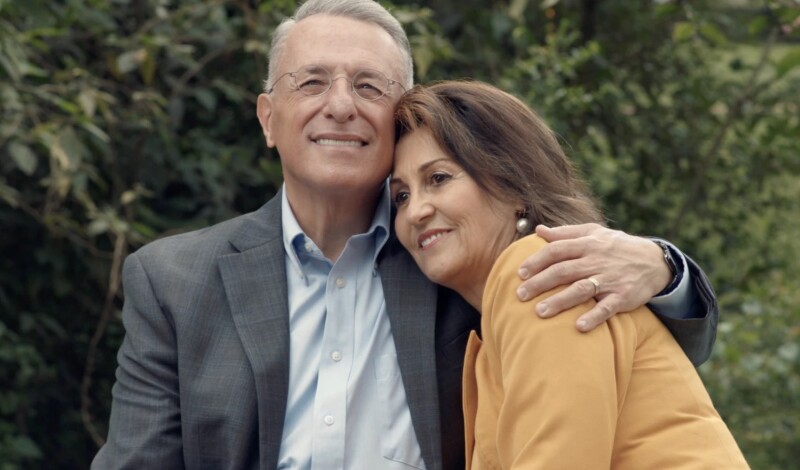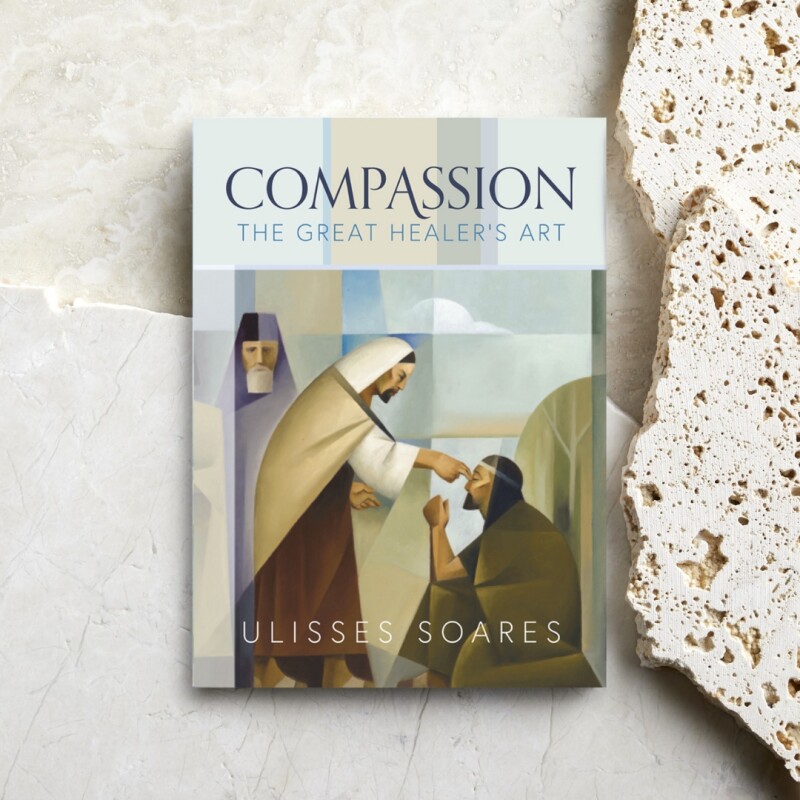My parents were baptized into The Church of Jesus Christ of Latter-day Saints when I was a little boy. They were already good people before becoming members of the Church, but they of course had some worldly habits. My father used to drink and smoke and had other habits that had come from the world. My mother was a very religious person, but she also had a different lifestyle from what is practiced by members of the Church. What really helped them to stay in the restored Church of Jesus Christ was the group of people in our little branch that embraced us, helped us, and loved us. We would receive visits every other week from someone in the Church. We would often be invited to home evenings in their homes. They did everything possible to bring us together in that new environment. I believe my parents stayed in the Church because of these people who were good disciples of Jesus Christ and who reached out in their Christlike love to them.
When we understand people and their conditions and circumstances, we tend to act in love toward them. We tend to embrace them according to their needs. We should strive always to minister to people according to the circumstances in which they are living. To do this as the Savior would, we have to understand their challenges and their difficulties.
While we may be different in some respects, there is a unity that each of us can nurture now. We are “one” in the quest to return to a heavenly home we once knew. We are “one” in our imperfect state. We are “one” in that we each have spiritual gifts. We are “one” and each has the capacity to grow, whatever our circumstances. We are “one,” are we not? By a common spiritual measure, each of us is as valuable as the person next to us because of a just and merciful Savior, a value that surpasses any earthly valuation. Therefore, our love for others should transcend our differences in culture, ethnicity, or language. We should be patient with others; we should show love and respect for all.
My family and I have experienced the feelings of comfort and peace that Christlike ministering can bring on several different occasions. On a cold and rainy weekend in 2002, my family and I traveled on ecclesiastical assignment to a faraway Church branch. Our three children were then six, ten, and thirteen years old. When we had traveled for several hours, we decided to stop in a picturesque town to get out of the car for a few minutes and stretch our legs before completing our journey. We decided to explore the town a little during that stop and learned that they were holding a traditional local festival. Due to the festival, the little city was packed with visitors and locals. The scheduled events were taking place around one of the local churches near the center of town. Around the church, there were many vendors selling typical foods and local handicrafts. After walking for a while, two of my children and I returned to the car, but my wife and our ten-year-old daughter continued looking at the vendors’ goods for a little longer.
Among these vendors there were also many people begging, and it was those poverty-stricken people who caught my daughter’s attention. She had seen people begging before, but perhaps not in such numbers. Two of them in particular caught her attention: a man who was missing a leg, and at his side, a little girl, about seven years old. They were wet from the rain, and the girl, who didn’t have a coat, was shivering from the cold. My daughter, moved by compassion, didn’t hesitate to take off her very nice coat—the only one she had brought on the trip—and give it to the cold little girl. My wife and daughter then returned to the car without saying a word about what had happened. None of us who were already in the car noticed that my daughter had come back without her coat, and we continued our trip until we reached the city where the little branch was. The next day was Sunday, and as we left the hotel to go to church, I told my daughter to put her coat on because it was very cold outside. Instead of going to put her coat on as I had instructed, she simply went to the car. Only then did my wife recount what had happened the day before.
Our daughter had already been taught about charity and other principles of the gospel. On that day, she actively experienced, for herself, this godly attribute. Upon seeing a young girl in great need, she had a choice. She could have chosen to look in another direction, or she could have done as she did and risen to the occasion. When we utilize these divine attributes by our faithful actions and not solely in empty and trite words, the word compassion will be engraved in our mind and heart, a delightful and desirable mark that will remain in us forever. This mark on our heart will be one of the attributes that truly identifies us as divine offspring of our compassionate and loving Heavenly Father.
Some may wonder how to help close friends who are also members of the Church more fully live the gospel, especially those who might be slipping away. How may we better learn understanding and compassion toward those with whom we do not agree?
Jesus has asked us to observe the law of perfect love, which is a universal gift. He invited us to follow Him, and His invitation to follow Him is an invitation to become like Him. Think of the instance when Jesus was in the house of Simon the Pharisee. Do you remember that occasion—when a woman anointed Jesus’s feet and He forgave her sins? Remember what the Lord said about her? In Luke 7:47, the Lord said this: “Wherefore I say unto thee, her sins, which are many, are forgiven; for she loved much: but to whom little is forgiven, the same loveth little.” Beautiful, isn’t it? Note here that the Savior extended His perfect love to this woman, who was known by everyone around her as a sinner, and how much love she showed Him in return (see 1 John 4:19). So, that’s the answer from the Savior for the question of how we interact with those who are very different from us: show a genuine love for them. Try to be a good influence for them through your light, and serve them the best way you can. Let them know you care about them.
We have to remember that our reason for loving other people is not because they are members of the Church or because they are doing the right things. We love them because they are children of God. When Jesus said, “Love one another,” He didn’t say to love only those that are similar to you, but everyone (see John 13:34–35).
Let us always remember that “the worth of souls is great in the sight of God” (Doctrine and Covenants 18:10), and each person you encounter in this life is a beloved son or daughter of heavenly parents. Though we are all different, “all are alike unto God” (2 Nephi 26:33), and as followers of Christ, it is our duty to extend His love to all of God’s children.


